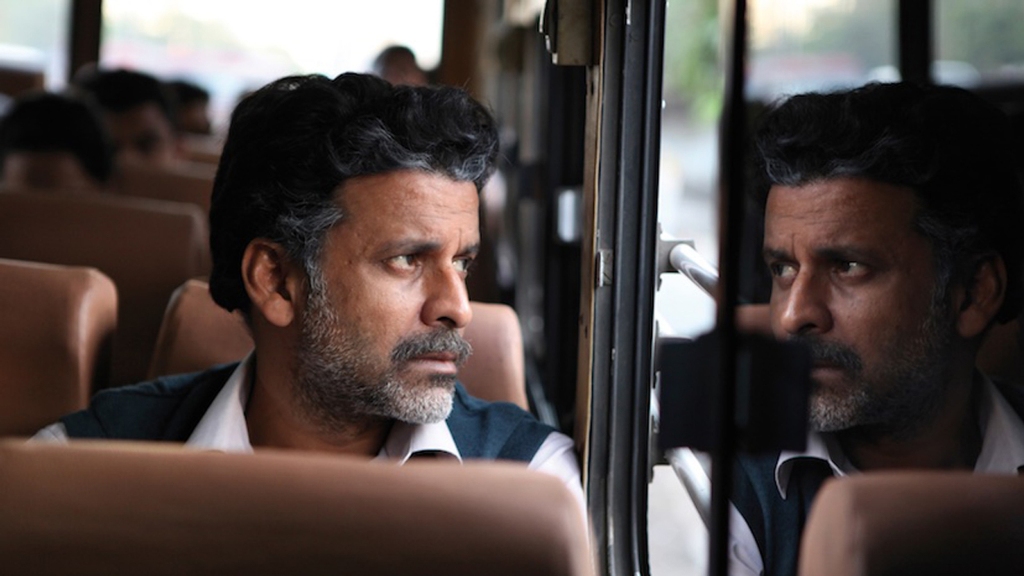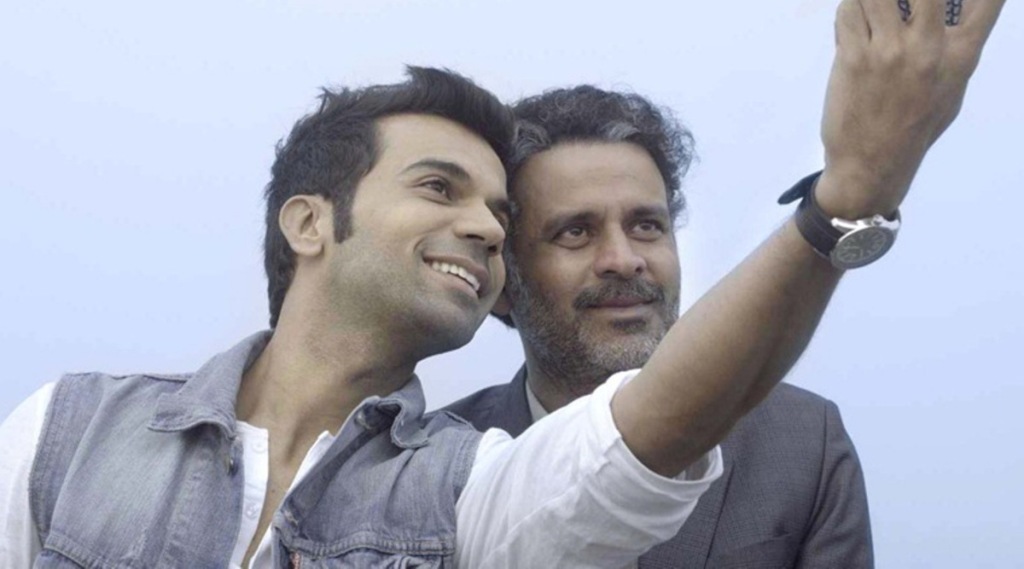Sensitive portrait of a tragic story

Every now and then, in between churning out more than a thousand productions a year, the enormous entertainment factory that is Bollywood produces some truly remarkable films. The drama "Aligarh" is undoubtedly one such a film, telling the true and tragic story of the gay linguist Shrinivas Ramchandra Siras, a professor at Aligarh Muslim University (AMU), India's most respected Islamic educational institution.
In February 2010, Siras, chair of Marathi literature at the Institute of Modern Indian Languages, was filmed having sex with a rickshaw puller by two men who broke into his apartment. They subsequently beat him up.
The media broke the story, leading to uproar and street protests in Aligarh. Siras was suspended by AMU for "gross misconduct". Two months after the incident, he died in mysterious circumstances, only days after a court ruled that AMU had to reinstate him.
AMU: political symbol and place of religious authority
This is wonderful material for a film set in and around a university closely linked to the Islamic reform movement on the subcontinent. As a training ground for Muslim freedom fighters, Aligarh Muslim University played an important role during the Indian independence movement. To this day, the north Indian institution is still a political symbol and a place of religious authority for the country's 180 million Muslims.
This explains the great unease felt by the university authorities about the film's release. Although it was premiered in an Aligarh cinema, the screening of the film was stopped there after just one showing because of threats received. The mayor of Aligarh, from the ruling BJP, supported calls for a ban, claiming the film defamed the city.
Indian film critics, on the other hand, praised the sensitivity with which the director Hansal Mehta approached what is in India a delicate subject without resorting to clichés. The film features an outstanding character depiction, showing the torment suffered by the 64-year-old professor in a largely homophobic society.
In the weeks before his mysterious death, Siras attempts to drown his constant fear and depression in alcohol. A well-known poet in the Marathi language, the protagonist lives in a world of verses and old film songs that superimpose themselves on his loneliness like a tragic soundtrack. After the scandal that throws his life off course, the professor takes up the fight against the violation of his human dignity but is worn down by the self-declared champions of morality in Aligarh.

A disturbing reality
The film highlights a disturbing reality: the university authorities are willing to accept the corrosion of an individual's privacy in the name of society's supposed morals. "As if Siras being gay posed a threat to the paranoid norms of the hyper-masculine, heterosexual brigade," says writer Manash Bhattacharjee in a comment piece on India's approach to homosexuality.
Section 377 of the Indian Penal Code, which criminalises homosexuality, has been renegotiated several times in recent years. The section in question dates back to the British colonial era and was introduced in 1860 based on the Victorian model. Today, the law appeals to so-called religious sensitivities – both Hindu and Muslim – providing grounds on which to brand homosexuality "immoral".
According to Bhattacharjee, this is highly ironic in view of India's rich tradition of homosexually-hued poetry and its longstanding transgender culture. Celebrities and NGOs have made numerous calls for the section to be scrapped in recent years. In 2009, the High Court of Delhi decriminalised consensual gay sex, but the ruling was overturned by India's Supreme Court in 2013.
Gay Pride parades have multiplied exponentially in India in recent years. And even though "Aligarh" was drastically cut and the word "homosexual" removed for the TV broadcast, the film has managed to put the issue on the agenda again. After all, as director Hansal Mehta says, despite the censorship, his film still has enough to say for itself.
In a cinema culture in which on-screen kissing is considered scandalous, censorship is not earth-shattering. The more important aspect seems to be the role "Aligarh" has played in raising Indian audiences' awareness of the subject of homosexuality. According to an online report, many AMU students got around the ban in the city by simply going to watch "Aligarh" in neighbouring cities.
Marian Brehmer
© Qantara.de 2017
Translated from the German by Katy Derbyshire
